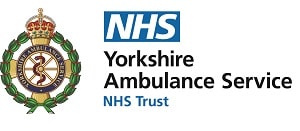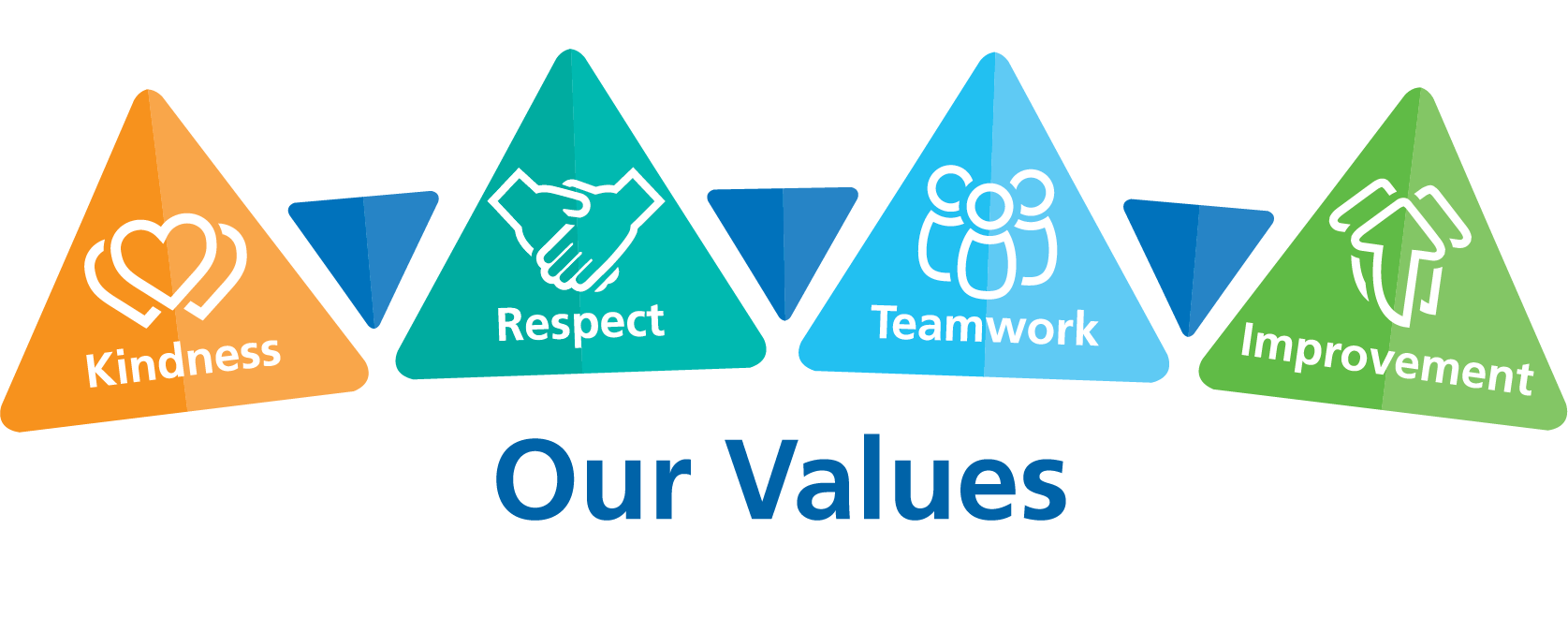When should I call 999?
 You should call 999 for an ambulance when it is obvious that you or another person is seriously ill and in need of immediate emergency medical care.
You should call 999 for an ambulance when it is obvious that you or another person is seriously ill and in need of immediate emergency medical care.
Here are some examples of situations when you should dial 999 immediately (please note, this list is not exhaustive):
- Chest pain
- Difficulty breathing
- Loss of consciousness
- Severe burns and scalds
- Choking
- Fitting/convulsions
- Drowning
- Severe allergic reaction
- Head injury
- Stroke
- Major trauma
When not to call 999
We receive many calls from patients who do not need to go to hospital. 999 calls for minor illnesses and injuries can potentially put those with life-threatening illnesses and injuries at greater risk by using valuable resources inappropriately. Only dial 999 when someone is in need of time-critical life-saving help.
If it is not a life-threatening emergency and the patient does not need immediate medical attention, there are other NHS options available:
- Self care
- Pharmacy
- GP
- NHS 111
Make your own way to your local emergency department, walk-in centre, minor injuries unit or urgent care centre.
What can you do before help arrives?
After calling 999, you can help us by doing the following:
- Stay with the patient until the ambulance crew arrives and only call back if their condition or location changes.
- If your house name and/or number is not clearly visible from the roadside, ask someone to open the door and signal to the ambulance staff where they are required.
- If it is dark, turn on house lights and pull back curtains.
- Lock away family pets.
- If possible, collect any medication being taken by the patient.
- Stay calm – our staff are there to help. Violent or threatening behaviour will not be tolerated and could delay help getting to the patient.

